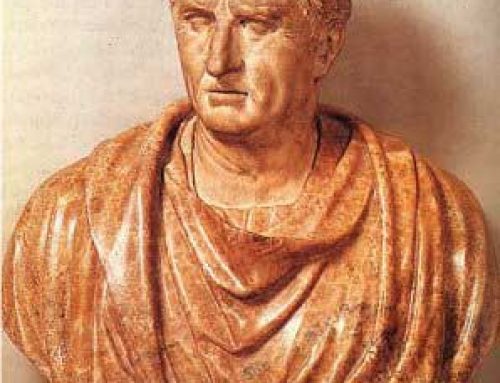
Greek religion: Athena protects her worshippers (Andokides Painter, ca. 520 BC)W
Where did Greek religion come from?
Greek religion was a mixture of old Minoan beliefs, Central Asian gods that the Yamnaya brought to Greece, West Asian ideas and African ideas they got from their neighbors.
Who were the Minoans?
Central Asian religion
West Asian gods and goddesses
Egyptian religion
All our ancient Greece articles
Like all of those people, people in ancient Greece believed that there were invisible, powerful gods and spirits that could control what happened to you. Most people also thought that you could control those gods and spirits through sacrifice, prayer, and living a good life.
What is animal sacrifice?
Arete and being good
How to control nature
The most important spirits and gods were natural things like rain and how plants grew. If you controlled these successfully, you would have enough food. If not, you might starve. People also tried to control other natural forces like earthquakes, volcanoes, ocean storms, and plagues.
Zeus, the sky god
Poseidon, storms and earthquakes
Apollo, who sent plagues
Hephaistos and volcanoes
And they prayed to win battles and wars. Usually whole towns prayed and sacrificed together for these big things. When an earthquake or a plague hit a town, people thought it must be something the whole town had done wrong. Or maybe it was something the rulers of the town had done wrong, like King Oedipus killing his father.

Sacrificial procession (Pitsa, ca. 530 BC)
How to be lucky
In your own family, you prayed and sacrificed for a sick child, a safe trip, or success in a race or at school. People who were enslaved prayed for their freedom.
Greek doctors and medicine
Greek ships and sailing
Slavery in ancient Greece
How to be good
Most people thought it mattered how you behaved, too. Good people had good things happen to them. Bad things happened to bad people. People told stories about the gods to teach children how to behave.
The dangers of hubris
Xenia: another way to be good
Many stories warned against hubris – thinking you were better than the gods – and against greed and cheating. Other myths, like the story of Paris and Helen, emphasized the importance of xenia – treating guests well and behaving well as a guest.
How to tell the future
To find out what you should do, a lot of people went to oracles – special people or places where the gods or spirits would answer your questions. There were expensive oracles for rich people and towns, and simple oracles for ordinary people.
What is an oracle?
The oracle at Delphi
People asked what medicine a sick person should take, and whether this was a good time to start a new business or a war, and also philosophical questions like what was the most beautiful thing?

Consulting the Delphic oracle
Mystery cults in Greek religion
Sometime people who felt they needed a fresh start with the gods joined a mystery cult. Then you did special rituals and sacrifices. You tried to form a special, closer relationship with a particular god or spirit.
What is a mystery cult?
The Eleusinian Mysteries
Isis and Osiris
For most people in ancient Greece, the gods were always around them, paying attention to everything they did, and an important part of success in life was keeping on the right side of the gods.
What happened when you died?
In the Archaic period, most people didn’t think much about life after death. But gradually – maybe influenced by Buddhism and Zoroastrianism – people began to think about the afterlife more.
Hades and the underworld
What about Buddhism?
What is Zoroastrianism?
By the Hellenistic period, about 200 BC, a lot of people did think that good people went to heaven and bad people went to hell.





thanks for the help
-billy mays
this is pretty cool thanks for the Help it really help Me and buy some flex tape
Thanks, Phil! I’m glad we could help.
coll
Well this is perfect for my research project
Thank you! I’m glad we could help! If there’s a teacher or library site you could point us out to, so they’d link to us, that would be super appreciated!